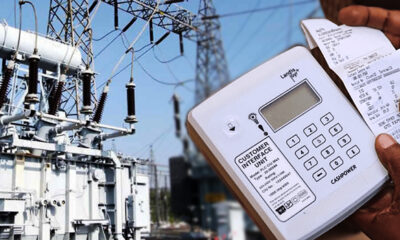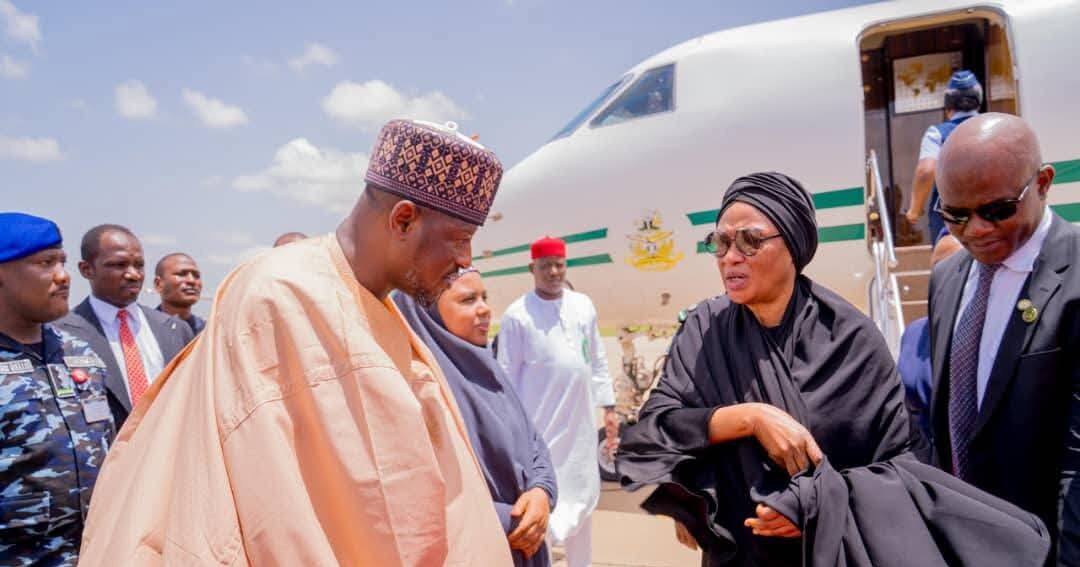Without wisdom, the labor of a foolish leader would weaken all those around him, and because of that, wisdom remains a principal character in leadership.
Honorable Shina Abiola Peller, House of Representatives member for Iseyin/Itesiwaju/Iwajowa/Kajola (Oyo State) Federal Constituency in the last decade has proved that he is a leader with full possession of the wisdom of elders.
For those who have followed his trajectory, they would attest that while he is not a man new to the concept of leadership, what remains unique about his style is the wisdom he brings to bear in his day-to-day activities, and dealings. It is probably why youths of this age gravitate towards him. Not only does he speak their language, but he also walks their walk and identifies always as one of them and their advocate.
A Nigerian entrepreneur, entertainment industry stakeholder, and tourism enthusiast, ever since his sojourn into Nigerian politics, he has remained true to his calling of building leadership-worthy young people for the glory of the Nigerian dream.
While it seems almost magical what he has achieved just within the last decade, one must not be deceived that he failed to put in the work.
To start with, unlike many of his counterparts who forget the pain of the people when they get into office, Hon. Peller never suffered that memory loss.
In 2018, when he joined politics, he stated that he didn’t make the move for himself, but for the people and that he was not one of those people who get carried away with their popularity and decide to run for the fun of it.
Five years later, the result we have to show is a tried and tested politician who has served meritoriously as a House of Representatives member and is still absolutely and undeniably sold out to the cause of the youth and the betterment of the future of Nigeria.
Asides from the duties demanded by his office, he focused his energy on trying to build and redefine the political space by pushing younger people into joining politics. Like a godfather of youths, he has in the last four years expended personal money and resources in the quest to bring youths into the political fold.
Apart from the fact that he started the Lead Generation Initiative (LGI), a citizen and youth-driven nonpolitical, non-profit, and non-governmental organization that is committed to creating opportunities for young people to channel their creativity, energy, and aspirations to adding value to their communities and country, he has been on an enlightenment drive, going around the country in an effort to get young people involved and interested in politics.
The LGI, which achieves its aims through programs like the ‘Get Involved Leadership Training (GILT), get involved regional leadership summit, emerging leaders conference, women leadership development program, creative open crafts, national entrepreneurial enterprise competition, among others, trains representatives from each of the local governments, in all the 36 states of Nigeria and the federal capital territory on civic responsibility, nation-building, community security, communication, and development skills.
A ‘train-the-trainer’ program where the local government supervisors will go back to their respective local governments to train the ward representatives from each of the wards in their local government, the initiative has successfully held the GILT in the five states of Oyo, Osun, Bauchi, Gombe, and Niger, respectively.
One cannot also fail to mention his involvement in We2GedaNG, a non-partisan movement aimed at uniting young Nigerians to forge a common platform that would ensure active youth participation in nation-building.
Peller is no doubt a colossus with that light touch of magic, and he is here to stay. His unselfish mobilization of youths has led those under the umbrella of his movement to realize that Nigeria belongs to them.
Today, as a result of Shina Peller’s involvement and intervention, many youths believe that one day soon young people will take over the world and because of that they need to lay a good foundation to build on.
At 46, not many men have become fully realized political leaders, but Shina Peller is an exception. He believes in the Nigerian dream, he has managed to open the curtains for other youths to see the dream and work hard at achieving it, and he has through wisdom also given them the tools to make it happen against the odds.
The energy of youths with the experience of age they say is a lethal combination. A young man, Shina Peller no doubt possesses the wisdom of the elders and is in no small way channeling it with a youthful energy that brings a world of possibilities.
It is only fair that the world stands still to celebrate the man with the magic touch who has done so much for youths as he clocks 46.
Seun Oloketuyi is a filmmaker and founder of the Best of Nollywood Pan-Nigeria awards.

 BIG STORY5 days ago
BIG STORY5 days ago
 BIG STORY5 days ago
BIG STORY5 days ago
 BIG STORY2 days ago
BIG STORY2 days ago
 BIG STORY5 days ago
BIG STORY5 days ago
 BIG STORY5 days ago
BIG STORY5 days ago
 BIG STORY14 hours ago
BIG STORY14 hours ago
 BIG STORY2 days ago
BIG STORY2 days ago
 BIG STORY3 days ago
BIG STORY3 days ago






















